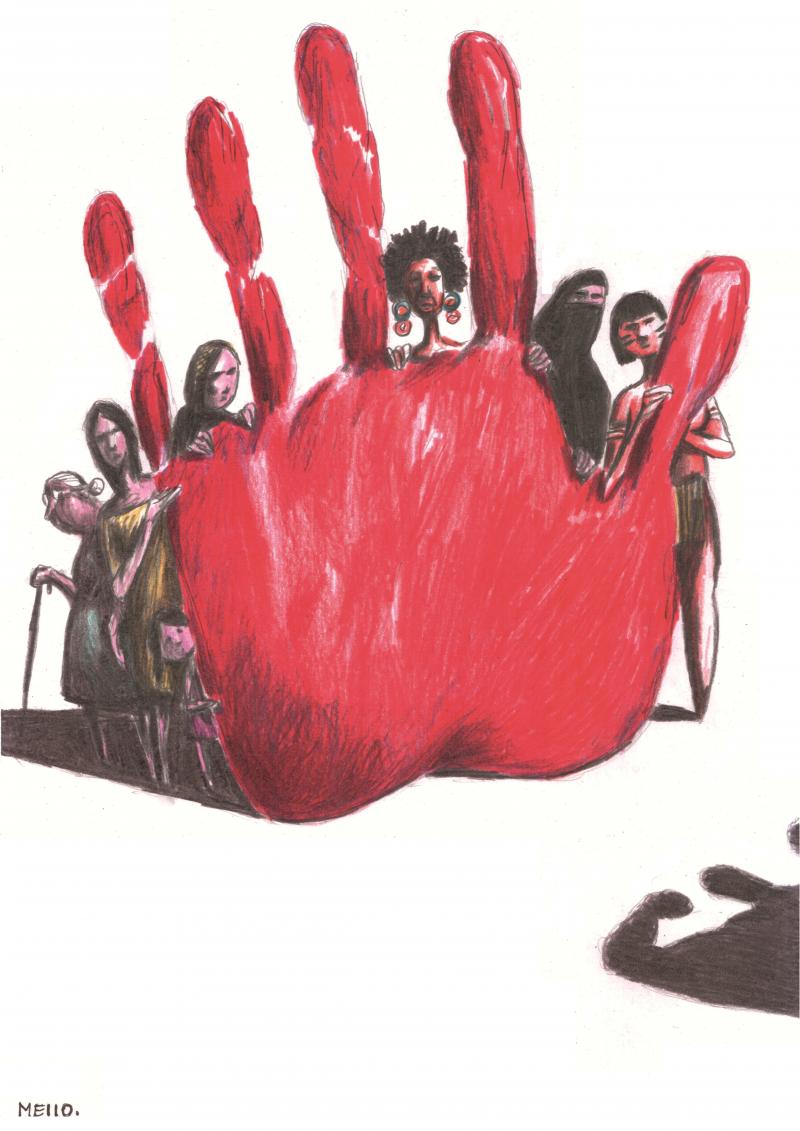25 November was the International Day for the Elimination of Violence against Women. Throughout the European Union, numerous demonstrations called on governments to fight gender-based violence more effectively. In Italy, the recent femicide of Giulia Cecchettin sparked off several "marches of anger" considered by some to be among the largest feminist demonstrations in the country's history.
The Member States have taken on the urgent problem of violence against women with varying degrees of sympathy and effectiveness. Belgium recently adopted its own law to combat femicide. The text, described at the time of its introduction as "historic" and "a first on the continent", could almost be seen as revolutionary, given the lack of legal provisions elsewhere. The European Commission, for its part, proposed a text to combat violence against women and domestic violence in 2022, on which the European Parliament voted last July.
The slow pace of legislative proposals is compounded by the difficulty of gaining a clear understanding of the phenomenon, since statistics on femicide in Europe are often incomplete. As a result, omnipresent gender-based violence very often remains invisible.
Do you like our work?
Help multilingual European journalism to thrive, without ads or paywalls. Your one-off or regular support will keep our newsroom independent. Thank you!
















